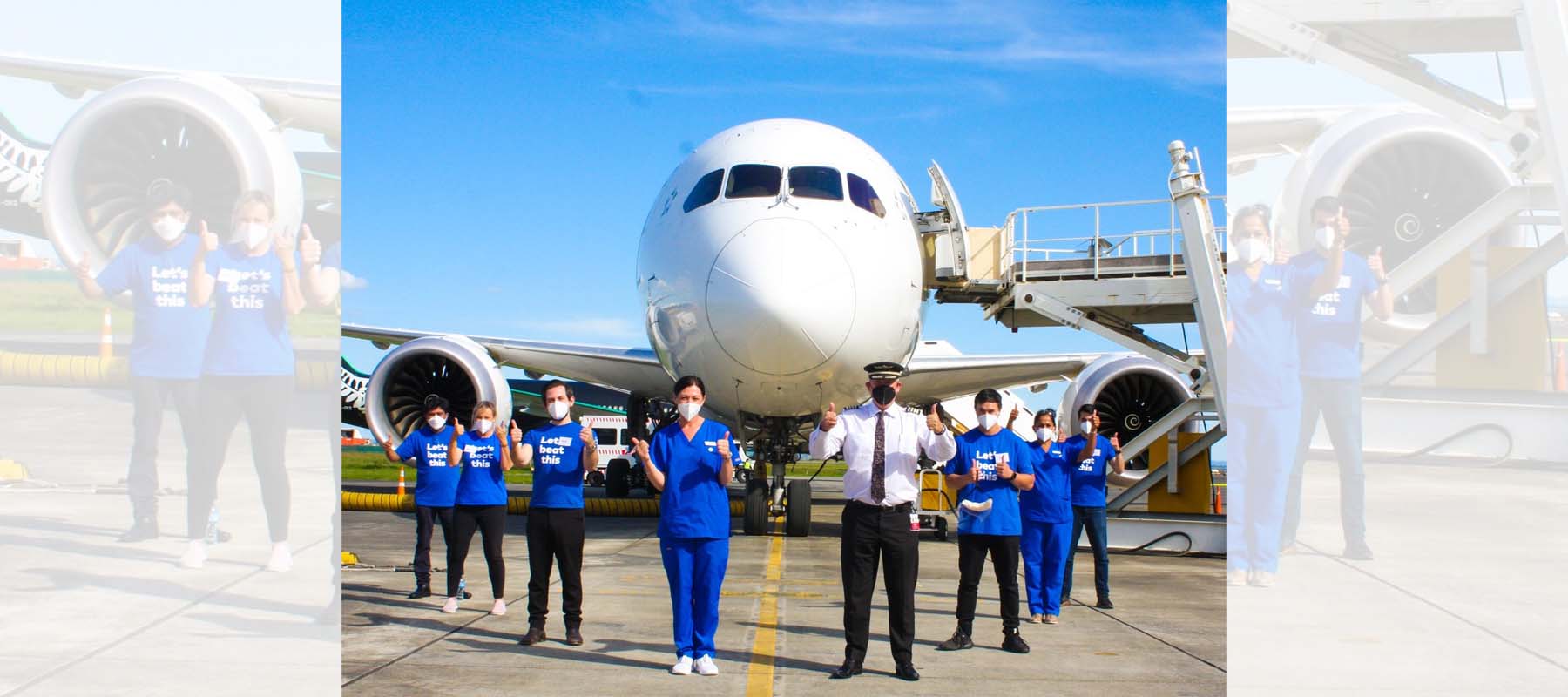Fast fashion is the mass-production of cheap, poor-quality clothing that aims to keep up with an increasingly ever-evolving fashion landscape. It targets impressionable consumers who are insistent on keeping up with the latest fashion trends. This allows these consumers to purchase high-volume items at a low-cost with demand fueled by rapidly changing fashion trends.
In the UK alone, consumers have almost doubled their annual expenditure on clothing. In 2005, consumers spent £30 billion on clothing which increased to £60 billion in 2020. It is also worth noting that 2018 and 2019 experienced staggering growth in fast fashion demand.
The way consumers buy clothing has changed. What used to be a yearly occurrence has become a highly incentivised, monthly, if not weekly habit. While this means more money in the pockets of large corporations; there are severe consequences for people and the environment.
How does it hurt people?
In Ghana, vendors working at the Kantamanto second-hand clothing market rely on items donated by American, European, and Asian consumers. These vendors reuse and repurpose these garments to give them a second life whilst making a living for themselves and their family.
In recent years, the donated clothing has begun losing its quality; the fast fashion items are slowly trickling down through its lifecycle ending up in the Kantamanto second-hand clothing markets. Over 15 million recycled garments make their way to Ghana every year and traders will not accept them because no one will buy them – they just don’t have the quality or lifespan and tend to fall apart. Because no one wants to by falling apart second-hand clothing, many of the traders are going out of business.
This means 40% of the donated clothing makes its way to the overflowing landfills of Ghana. Unfortunately, many of these garments will then get washed into the sea where the polyester and other synthetic fabric becomes food for the marine life.
Western countries are buying 60% more clothing than they did 15 years ago and countries like Ghana must cope with the waste.
How does it hurt the environment?
The clothing manufacturing process requires a lot of energy. Currently, fashion production comprises 10% of total global carbon emissions (that’s the same amount as the European Union). Much of this production is to supply the demand for temporary, seasonal fashion trends that will last mere months.
The fashion industry is the second largest consumer industry of water. It takes just shy of 2,700 Litres of water to make just one cotton shirt and 7,500 Litres to make just one pair of jeans. The textile dyeing process is also a large contributor to water pollution as much of it is disposed of in creeks, streams, and rivers.
How to stop buying fast fashion
Fast fashion not only hurts the people involved and the environment, but it also hurts your pocket. In the short run, buying cheap, poor-quality clothing may appear attractive but in the long run your wallet will be worse off. Those poor-quality clothing you buy will either fall apart within a year or fall out of fashion and end up in the bin. Higher quality clothing from reputable brands may be more expensive but it will also last a lot longer.
Arrow’s clothing is made to last. We source our clothing from Green Certified factories that have introduced water and energy saving technology into their operations. Recently, Arrow has introduced a new range of sustainable fabric that is made of recycled polyester. Arrow Uniforms have also introduced a recycling and reuse programme. If, for example, someone in your team where to leave their job and you had an extra uniform, we would take it off your hands, fix any repairs, and then store it for when you need the garment next. This minimises the need for unnecessary clothing. Once our garments reach the end of their lives, we will happily take them back and repurpose them through one of our three end-of-life options.
For any questions on our efforts to reduce our impact on the environment and general queries, please contact our fantastic customer care team on 04-589-5888 or email us on info@arrowuniforms.co.nz







Leave a comment
This site is protected by hCaptcha and the hCaptcha Privacy Policy and Terms of Service apply.